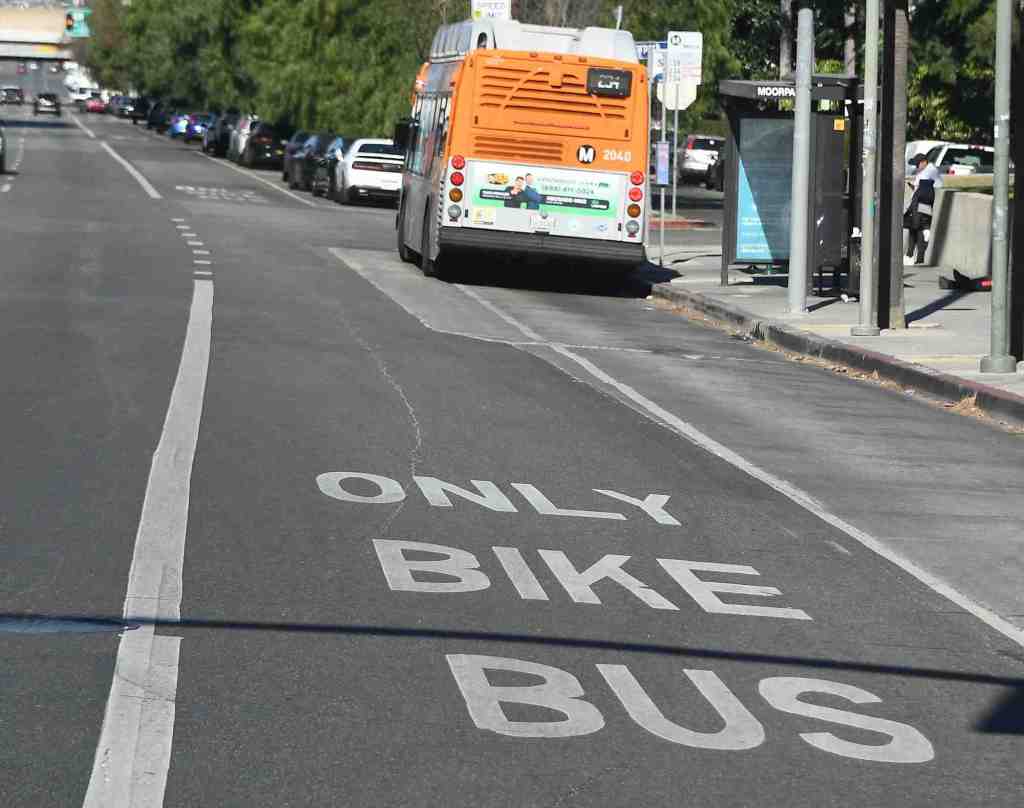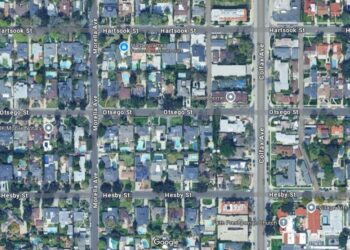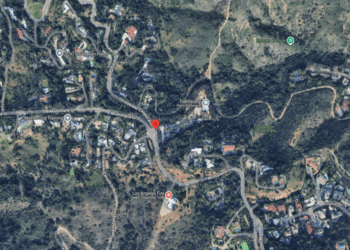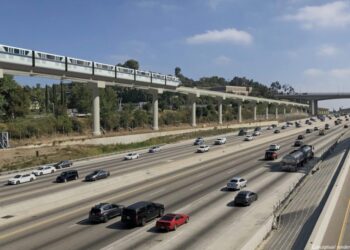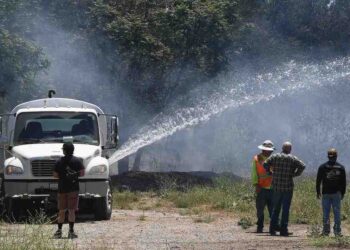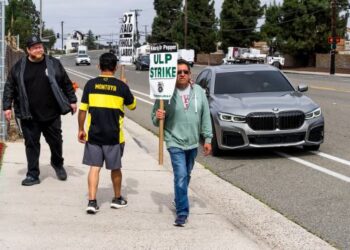Bus-only lanes, pedestrian walkways, bike paths, improved bus shelters and light-rail projects, which can take single-passenger cars off the roads and put passengers on mass transit — reducing tailpipe emissions and reducing gridlock — can face lengthy environmental reviews despite promising environmental benefits.
Legislation introduced in Sacramento on Tuesday, Jan. 14 will continue to let eligible transit projects bypass state environmental review, but one big difference is that Senate Bill 71 would make the exemptions from environmental review permanent and would expand their reach.
If passed, this bill would mean that more of these projects — some of which are controversial and can face opposition — could be fast-tracked in Southern California, particularly in Los Angeles County where both LA Metro and the city of Los Angeles have stepped up alternative transportation projects.
“We need more public transportation in California and we need it in the Bay Area and Los Angeles,” said state Sen. Scott Wiener, D-San Francisco, the author of SB71. “These are climate friendly sustainable projects. We don’t need to bog them down with environmental review.”
Bills passed in 2020 and 2022 authored by Wiener, and one in 2024 by Assemblymember Alex Lee, D-Milpitas, exempt from review under the California Environmental Quality Act (CEQA) projects including walkways, bicycle facilities and lanes, bus rapid transit, conversion of general purpose lanes to carpool or bus-only lanes, and light-rail projects with a dedicated right-of-way.
Wiener’s SB922 is set to go away in 2029 and its sunset clause may have prevented transit agencies and cities from taking advantage, because projects often are not ready to build for several years, extending beyond 2029. SB71 removes the sunset rule and makes the exemptions permanent, Wiener explained.
The new bill expands the list by adding the following types of projects: bus shelters and bus shelter lighting; shuttle and ferry…
Read the full article here

